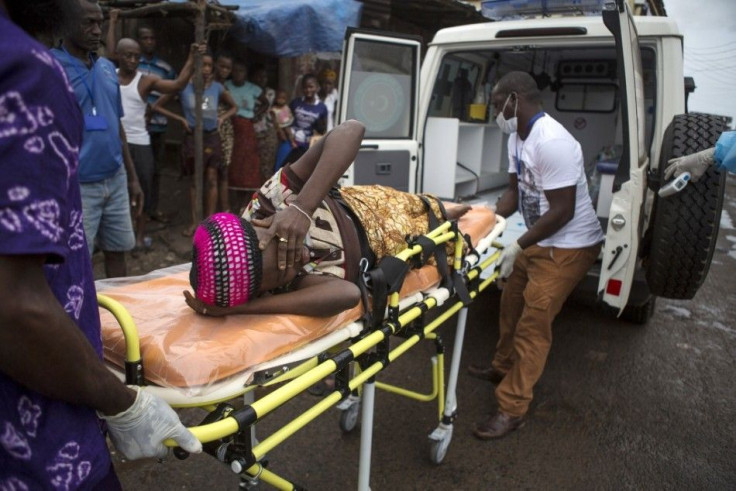Ebola Update: Canada Deploys 2nd Mobile Lab, More Scientists To Sierra Leone; Sends Military Jet Carrying Protective Medical Equipment

Canada has deployed a second mobile lab and at least two more scientists to Sierra Leone to aid the country in fighting the maddening Ebola outbreak. The country likewise deployed a military jet to deliver the much needed protective medical equipment of the health workers.
The scientists came from the National Microbiology Lab in Winnipeg, the Public Health Agency of Canada. A third scientist is scheduled to join them on Tuesday.
The lab and the additional scientists will join the first Canadian team sent earlier in the Kailahun district of eastern Sierra Leone. The area is near the borders of Guinea and Liberia. Working with the Médecins Sans Frontières (Doctors Without Borders), the second team will monitor the value and success of infection prevention measures, such as hand-washing stations, face masks and disposal sites.
Experts had long highlighted that the time and tested soap-and-water solution can highly prevent the passing of the virus from one person to another. The Public Health Agency of Canada reiterated the Ebola virus is spread through direct contact with infected bodily fluids.
The first Canadian mobile lab team, on one end, will continue delivering rapid diagnostic support and produce immediate results within hours to help local healthcare workers give effective prognosis and care to the affected.
Meantime, a Hercules aircraft carrying 128,000 face shields has been deployed to Freetown, Sierra Leone. Canada made the donation on the request of WHO. The Public Health Agency of Canada said WHO had requested a total of 300,000 face shields. The remaining will be shipped within the next week.
Canada has so far extended $35.4 million humanitarian, security and public health interventions support to help the three West African nations battle the spread of the Ebola virus. Moreover, it likewise sent 1,000 doses on an experimental Ebola vaccine named VSV-EBOV to the UN's World Health Organization.
In September, various researchers warned the Ebola epidemic now plaguing Sierra Leone, Guinea, as well as Liberia could last 12 to 18 months more. The U.S. Centres for Disease Control and Prevention, meantime, expects infected cases to reach half a million by end of Jan 2015.
"We hope we're wrong," Bryan Lewis, an epidemiologist at the Virginia Bioinformatics Institute at Virginia Tech, had earlier told the New York Times. The rampaging outbreak requires more than US$1 billion so it can be eradicated and eventually controlled, the United Nations has said.
The region was last hit by the Ebola virus from 2000 to 2001. Uganda was also involved then, but the total number of cases a decade ago only affected 425.





















